Introduction
In the dynamic world of business, the significance of Event Management, Corporate Events, Product Launch & Brand Growth cannot be overstated. They serve not just as a platform for showcasing new products but also play a critical role in defining a brand’s strategy towards growth and recognition. This article talks about the essence of Event management with Brand Growth, revealing strategies and insights that help transform a standard gathering into a groundbreaking event. Whether you are unveiling a new product or hosting an annual conference, the principles of event management remain the same. Embrace this guide to ensure your next event not only meets but exceeds expectations, fostering an environment where your brand can thrive and capture the imagination of your audience.
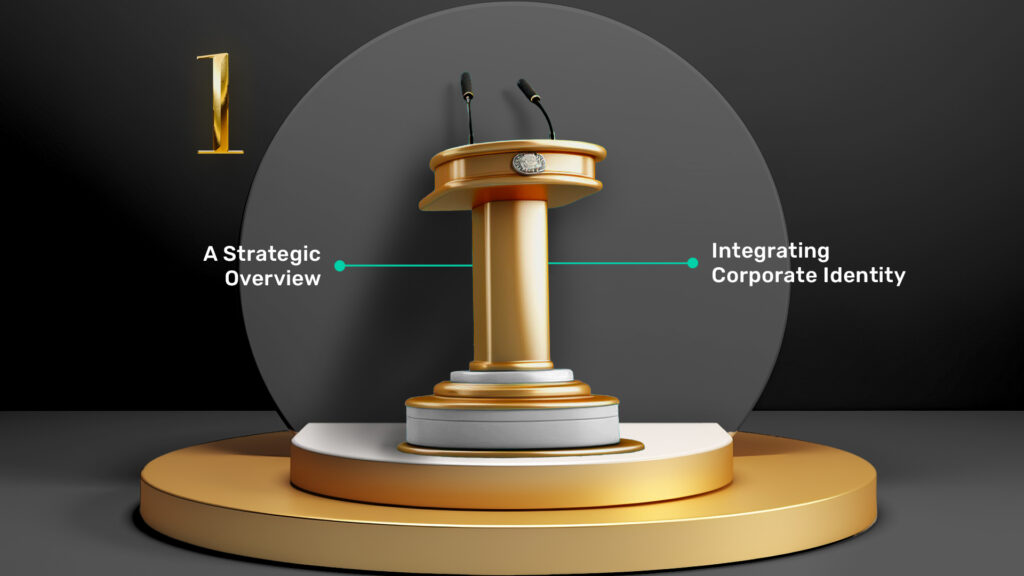
The Role of Event Management in Corporate Strategy
A Strategic Overview
Effective event management goes beyond mere planning; it involves a holistic strategy that aligns with the company’s long-term goals. From enhancing the brand perception to fostering networking opportunities, corporate events and product launches serve as pivotal moments in a brand’s growth. They are not just events, but strategic tools for significant brand storytelling and audience engagement.
Integrating Corporate Identity in Events
Every event is a reflection of the brand’s ethos and values. How a company chooses to launch a product or engage with its audience can significantly influence public perception. Thus, integrating the corporate identity into every aspect of the event—from the theme to the decor, from the invitations to the presentations—ensures a cohesive and immersive experience that resonates with all attendees.
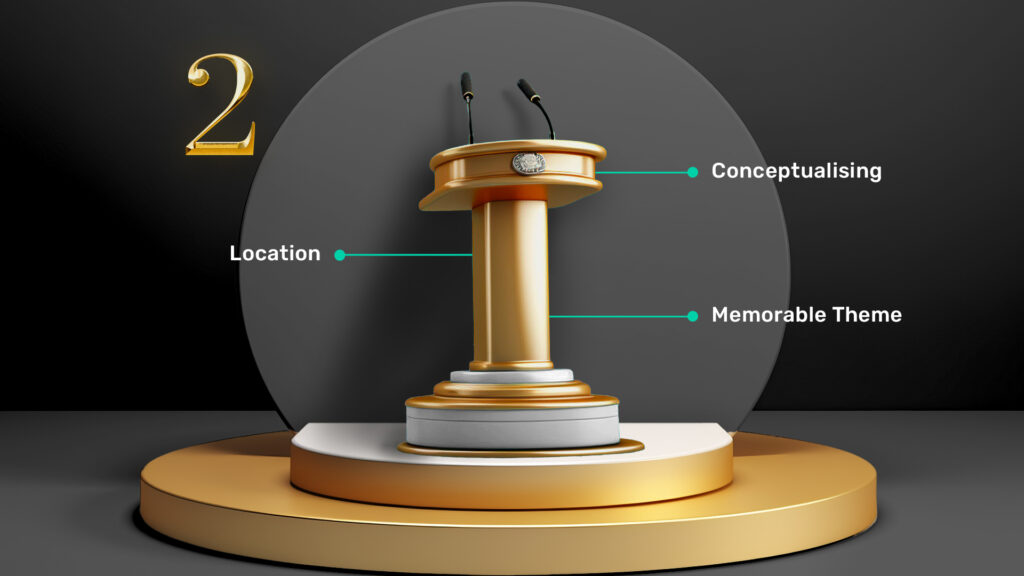
Planning and Execution: From Conception to Reality
Conceptualising the Event
The initial phase of any event management process involves brainstorming the concept. This includes setting clear objectives, understanding the target audience, and defining what success looks like for the event. Whether it’s launching a new tech gadget or a pharmaceutical product, the groundwork laid during this phase paves the way for all subsequent decisions.
Choosing the Right Venue (Location)
Selecting a venue that complements the product being launched is crucial. The venue should enhance the product’s appeal without overshadowing it. Factors like location, capacity, amenities, and technical capabilities play a significant role in not only accommodating the guests comfortably but also in facilitating a smooth execution of the event’s agenda.
Designing a Relevant and Memorable Theme
A well-chosen theme can set the tone of the event and make it memorable. The theme should align with the brand’s message and the product’s unique selling proposition, creating a coherent story that captivates the attendees’ imagination and sustains their interest throughout the event.
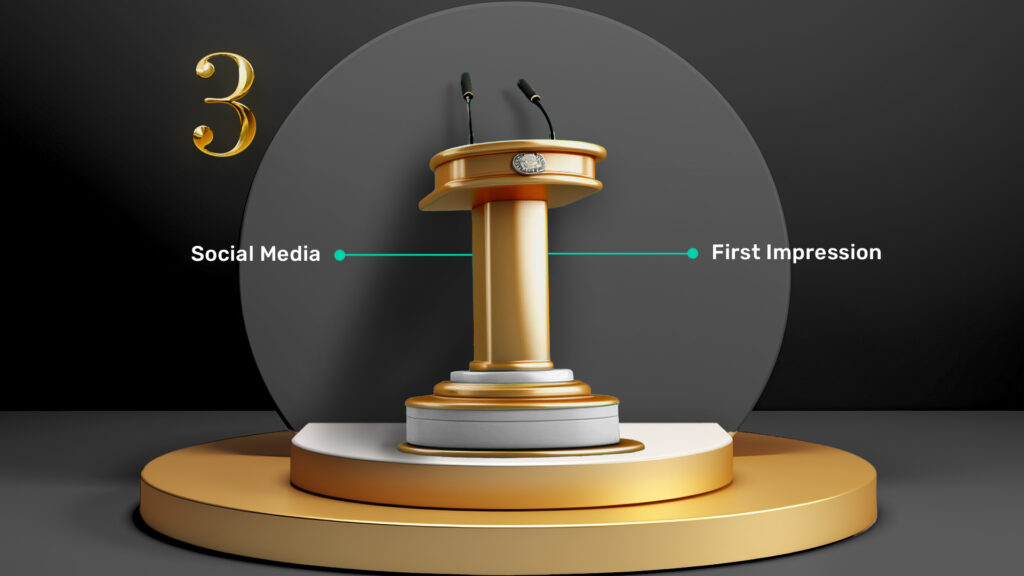
Marketing and Promotion: Building Anticipation and Engagement
Effective Use of Social Media
In today’s digital age, social media is a formidable tool for event marketing. Platforms like Twitter, Facebook, and Instagram offer opportunities to create buzz and foster engagement before, during, and after the event. Teasers, countdowns, live updates, and interactive sessions can help maintain momentum and build excitement.
Invitations and RSVPs: Crafting the First Impression
The invitation not only serves as the first touchpoint of the event experience but also sets the expectations. It should reflect the essence of the event in both design and content, ensuring it aligns with the overall marketing strategy and brand voice.
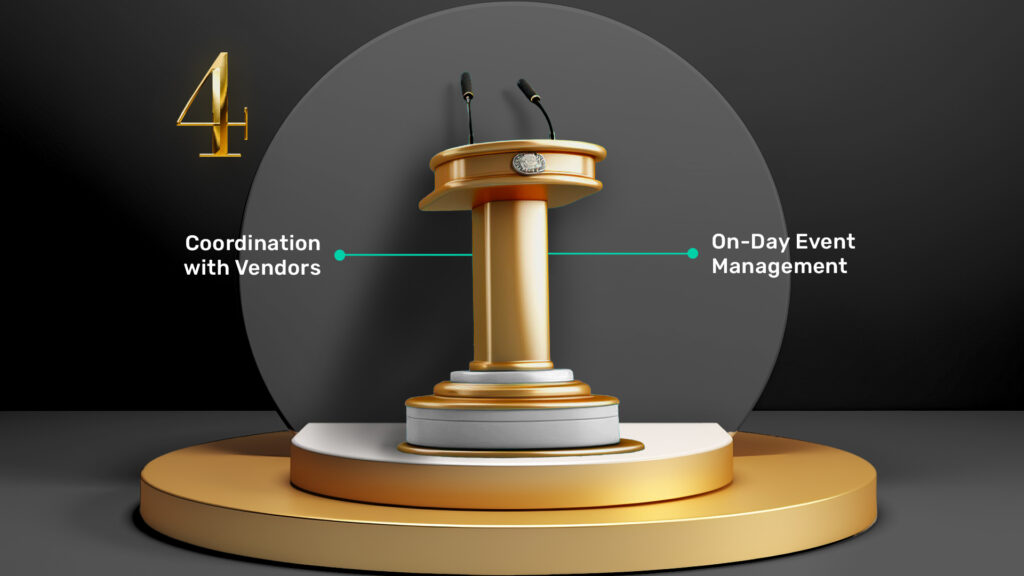
Logistics and Vendor Management: Ensuring Seamless Execution
Coordination with Vendors
Seamless collaboration with vendors—from caterers and decorators to technology providers—is essential for flawless event execution. Detailed contracts, clear communication, and regular follow-ups ensure that every component of the event aligns with the planned vision.
On-Day Event Management
Effective on-day management is crucial. This includes everything from registration processes and seating arrangements to technical setups and stage management. A dedicated team, thorough checklists, and contingency plans are vital to handle any unforeseen issues that might arise.
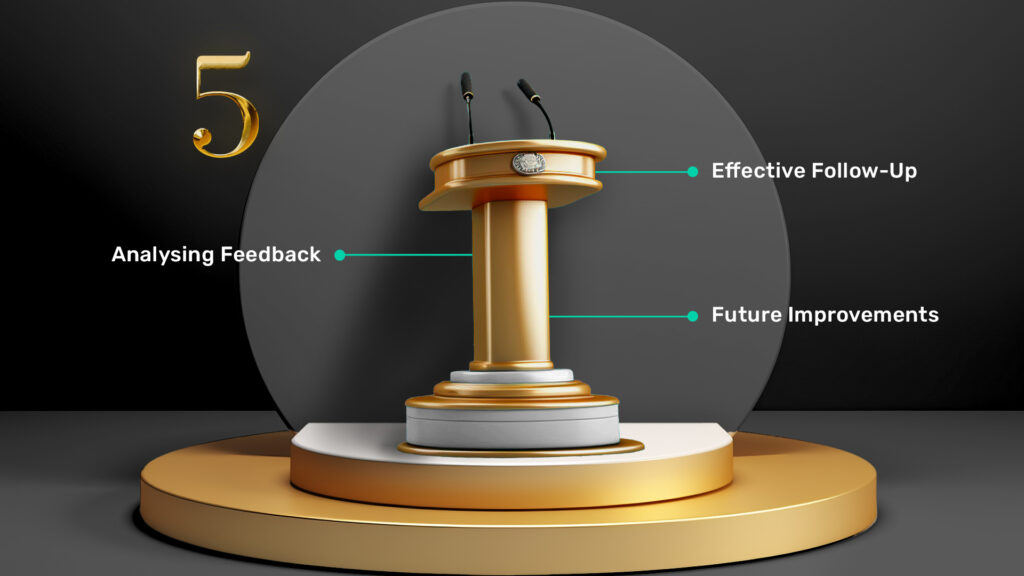
Post-Event Strategies: Maximising Impact and Engagement
Effective Follow-Up
The event’s conclusion marks the beginning of a new phase in engagement. Follow-up emails, thank you notes, surveys, and posts on social media can help measure the event’s success and maintain the momentum of engagement with the attendees.
Analysing Feedback for Future Improvements
Gathering and analysing feedback is crucial for continuous improvement. Insights gained from attendees’ experiences can drive better strategies and planning for future events, ensuring each one is more successful than the last.
Conclusion
In conclusion, mastering the art event management, corporate events, product launch & brand growth is not merely about flawless execution but about creating a lasting impression.





